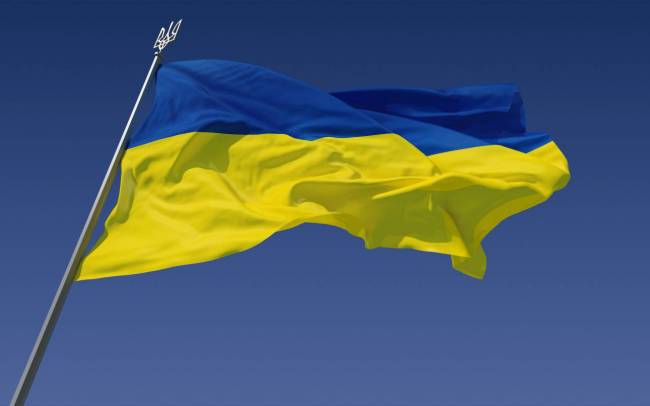As the heartbreaking situation continues to unfold in Ukraine, it feels like there’s a lot of information flying around and a lot of organizations saying they’re there to help. If you’re not sure what news is legitimate or which charities and groups are actually getting resources to Ukraine, you’re not alone. We’ve put together a resource with verifiable organizations working to help Ukraine and resources to help determine fact from fiction in a very chaotic situation.

We all want to remain connected and aware of what’s going on, but there’s an absolute firehose of information coming at us right now, and even the most basic ways to filter fact from fiction are helpful.
Separating Fact from Fiction and Doing Your Part Not to Spead Disinformation
The Washington Post has a fantastic article that lays out some great tips on spotting fake versus real news, especially regarding what’s being shared on social media. It’s mostly common sense, like pausing to check the sources, seeking out context, and checking through Google Images for recycled photos.
However, it’s easy to have emotional reactions to headlines and photos, so having a mental checklist isn’t a bad idea as you browse the news.
The Washington Post suggests that before you react or share something devastating, enlightening, or enraging, you slow down, check the source, seek our context, vet the videos and images, and use fact-checking sites and tools, including The Washington Post’s Fact Checker, Snopes, and PolitiFact.
If you want to dig deeper on how to spot fake or misleading footage on social media claiming to be from the Ukraine war, PBS has a comprehensive article that lays out tips for how to spot fake or misleading footage on social media that’s claiming to be from the Ukraine war with detailed tips like checking to see if watches and clocks match the timeline.
PC Mag also has some helpful tips on how to spot Russia-Ukraine disinformation and not further scams.
Where Can You Safely Donate to Help Ukraine?
If you want to donate to organizations in a position to help Ukrainians and their families, the biggest obstacle is making sure your donations are actually getting to the people who need them.
This may seem like common sense, but when in doubt, don’t donate to a random Go Fund Me or send money based on someone’s social media posts, even if the person sharing the information’s account has a blue checkmark.
Here are a few places where you can find legitimate links to help:
The Washington Post has a list of organizations helping in Ukraine, including groups supporting children and families to Doctors Without Borders. They even have info on how you can help the Ukrainian press who are putting out legit news even as they fear for their and their families lives.
The official Ukraine subreddit has a running resource list that’s helpfully subdivided. If you want to help, say, a Ukrainian animal shelter specifically, it can point you in the right direction.
Vox is sharing links that include organizations helping refugees who’ve fled the war, funding the opposition press in Russia, supporting political action in the US to help Ukraine, helping those who are fighting for Ukraine, and supporting those rendering medical aid on the ground.
And yes, you can donate directly to the Ukrainian military via the National Bank of Ukraine.
What this comes down to is that whether you’re just following the news or actively trying to help, you must do your research and make sure you’re vetting your sources.
The good news is we live in an increasingly interconnected world that allows information to reach us faster than ever; the bad news is that living in that interconnected world means a much higher likelihood of falsehoods and scams slipping in as well.
Even so, a little common sense and legwork will help separate the bad from the good so we can stay connected, up to date, and help Ukraine in this chaotic and heartbreaking time.
